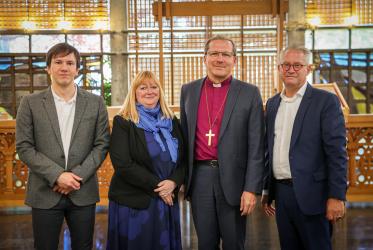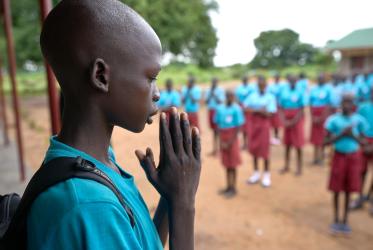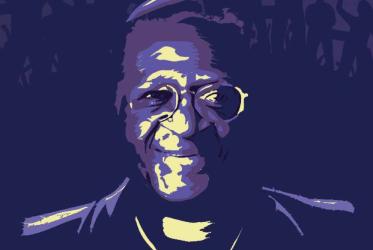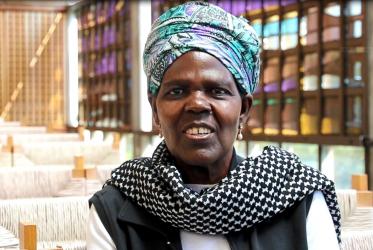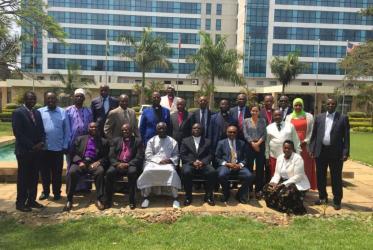Displaying 1 - 20 of 33
29 September 2023
Tutu’s legacy: A Zoom panel celebrating “the Arch”
03 February 2022
Driven by God’s grace and a sense of duty
05 November 2020
South Sudan Church leaders welcome new cabinet
15 March 2020
Kenya mourns the late Prof. Samuel John Mbiti
08 October 2019
WCC moderator “A call for equality in God’s house”
08 April 2019
Paving the way for ecumenical studies, learning English in Bossey
24 September 2018
#WCC70: Nathan Söderblom, ecumenical pioneer
29 August 2018
In Nigeria, WCC workshops focus on human rights
04 December 2017
African women embark on pilgrimage in Burundi
29 November 2017
